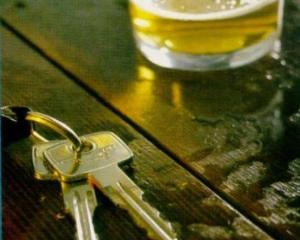''Give it a rest and they'll play their best'' was the catchcry of a 2001 campaign by Sport Waikato as it attempted to improve the example that adults on the sportsfield sidelines set children.
Fourteen years on, Rene Naufahu is enlisting the help of All Blacks to promote his ''Let Kids be Kids'' campaign to address the same issue.
Unfortunately, over the intervening years, sideline behaviour has worsened and, in the older age groups, has come to involve on-field behaviour as well.
At the time of the Waikato campaign a Hamilton headmaster said he was appalled by the lack of fair play and consideration given by spectators at school sports events.
He felt the inappropriate behaviour fuelled and encouraged violence and cheating by youngsters.
And here we are in 2015.
As I write, a 14-year-old rugby player is seriously ill after a brawl involving players and spectators at an Auckland interschool match.
This is the inevitable outcome of a failure by some national sports bodies to seriously address the problem.
We do occasionally see reported assaults that have led to prosecutions and parents being banned, and hear of the difficulty some codes have in finding referees and umpires.
But, since the advent of professional sport, an expectation has arisen on the sidelines that school-aged league, rugby or netball should approximate the sort of performance seen in professional games.
There is a point where adult encouragement becomes something else, where inappropriate and intense adult emotions are put upon youngsters.
At this point it ceases to be play and becomes intense adult rivalry with many meeting their own self-esteem needs through their children.
Adults have captured much of children's activities and taken it beyond providing an opportunity for children to enjoy themselves.
They coach, referee, select the teams and the positions, make the rules, make the draws, maintain the equipment and playing fields, name the teams, hand out the trophies and stand on the sideline yelling at the referee, the children, the coach and each other, not forgetting the sideline scuffles.
If we see sport, ballet, music and whatever else as beneficial and worth the amount of effort we sometimes have to put in to make it happen, then we need to ensure that the ultimate outcome really is beneficial; that our children do enjoy getting fit and learning new skills, do learn about teamwork, competition, sportsmanship, leadership and commitment.
If they are sworn at, given the silent treatment, called losers or worse, and in public, then there is going to be no enjoyment.
We are likely to end up with children who either hate the activity or become poor losers and foul-mouthed and aggressive like their elders.
• Ian Munro












